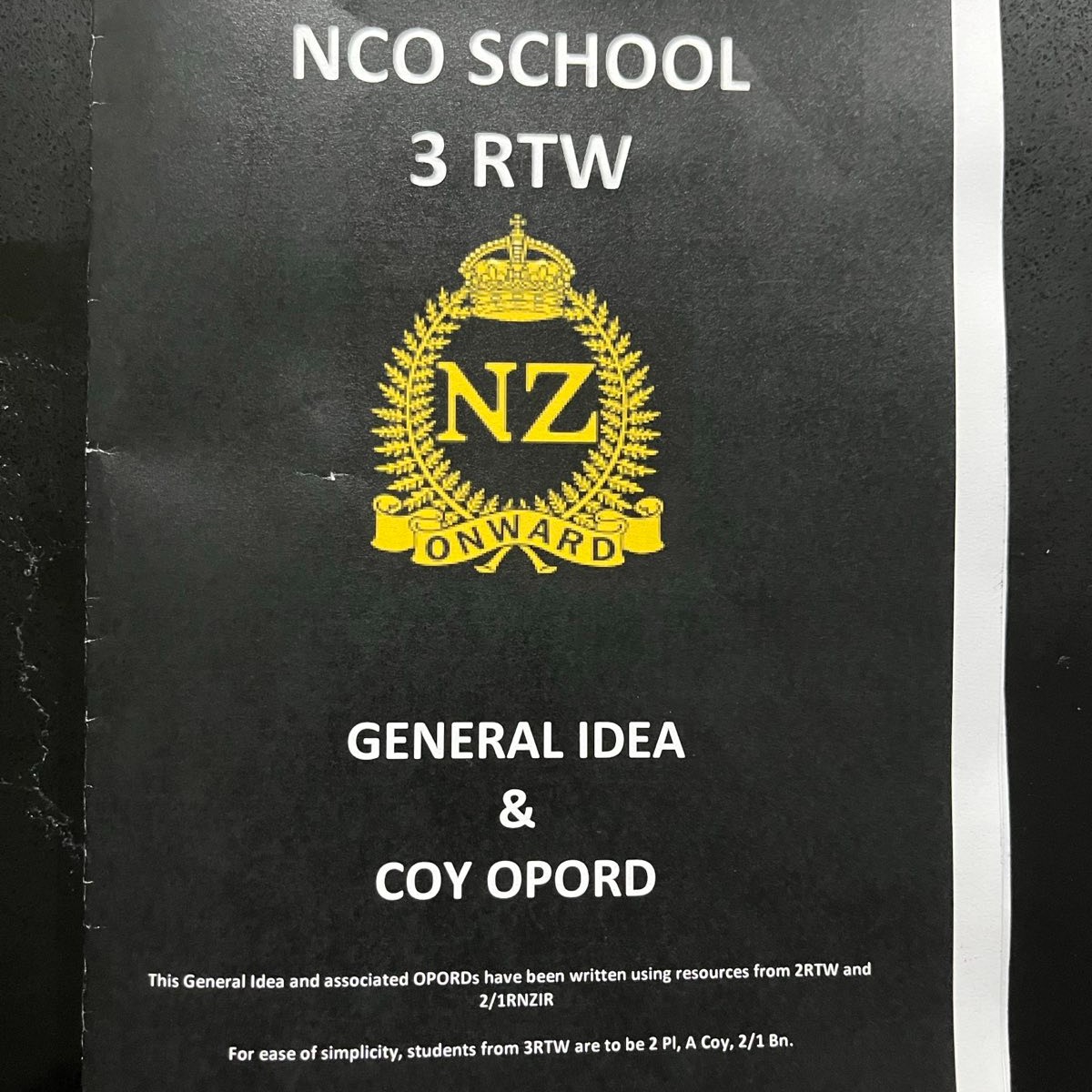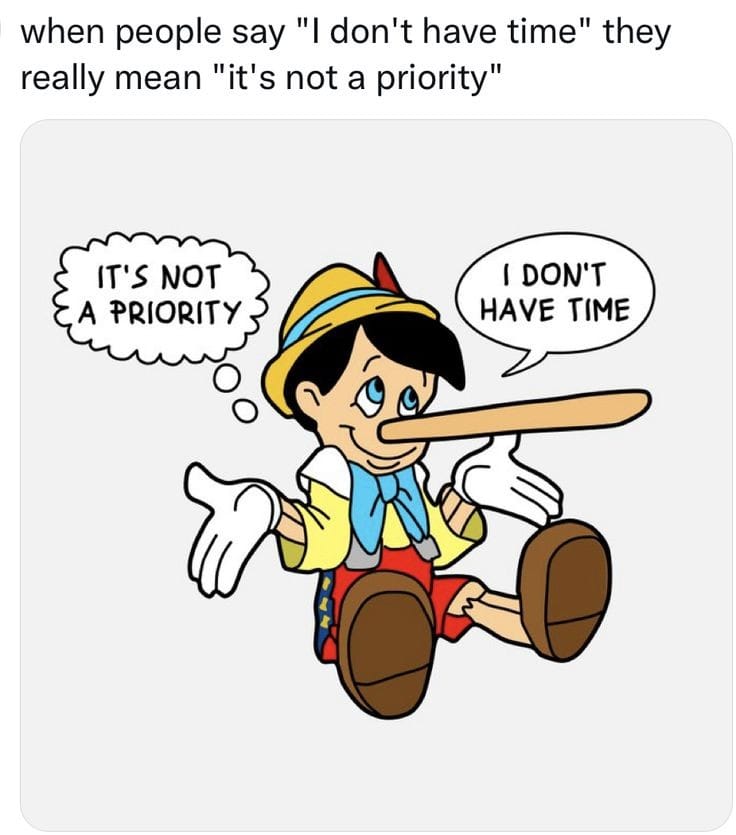
THE INSANITY OF SHUTTING DOWN NEW ZEALANDS FUEL SECURITY
Marsden Point Oil Refinery was established in 1964 Come November 2021 it was confirmed that Marsden Point Oil Refinery would be shut down in April 2022—no longer operational in supplying the domestic security of oil and other products essential for the security, economy and infrastructure of New Zealand, instead we would have to rely on shipping imports.
Referring to the shutdown Wayne Butson -General Secretary- Rail & Marine Transport Union said “the closure was driven by short term interests of fuel companies who owned the refinery, thus undermining fuel security for NZ. A big risk of supply chain disruptions has left NZ dangerously exposed, totally dependent on refined oil being shipped in from overseas tankers. The Australian Govt had decided to step in when two of their refineries were threatened to close, underwriting them to ensure Australia’s fuels security.
NZ Government could have done just the same, but they chose not to. Marsden Point Refinery produced premium, regular petrol, diesel, automotive fuels, kerosene, jet fuel, fuels (LFO, HFI and HBFO) Bitumen and CO2 for food packaging etc., as by products. Marsden’s produced a large proportion of NZ’s CO2 for packaging of meats, cheese, fizz for carbonated drinks etc., CO2 prohibits bacterial growth in food packaging. January 2023 the government said CO2 supplies are being rationed. Todd Energy is Taranaki was the only other supplier that too was shut down.
Since then bottled CO2 and dry ice has skyrocketed in price, this posing a problem for food producers & craft beer manufacturers. CO2 is also used to chill some medical supplies during transport. Te Whatu Ora Procurement Director said “hospitals were low users of CO2 but would be effected by the closure of Marsden however they were prioritizing supplies for critical services.
Gas distributors are also prioritizing crucial-use customers. Megan Woods was warned by officials that the domestic supply of CO2 would be affected by the closure of Marsden. Meat companies were reported to be struggling to obtain CO2. The Transport Unions renewed calls for Marsden Point Refinery to be reopened to return to operational status even if its necessary for govt ownership.
Marsden had been providing 70% of NZs bitumen for NZ roads, 30% was imported, now 100% is imported. The imported bitumen has caused costs to rise on road maintenance. Reports were becoming a common occurrence of potholes and seal sticking to car tyres.
Bugger the roads it appears that Carbon Net Zero 2050 is top of the list, cycles ways, wider footpaths, making special ways for E scooters, walkers etc., deleting car spaces and shutting main drags off to motor vehicles in city shopping area’s. The Governments extra hundreds of millions on these projects.
The Govt determined to get Kiwi’s out of their cars, its no longer a nudge, or a shove it’s a bloody push. National like Labour and Greens are on the same page.
Maori Party Tame Iti off on 300km cycle way. Environment Govt NZ. Role of Maori in the transition to low emissions- active transport-walking, cycling etc.,
(pdf 99 pages) Role of Māori in the Transition to a Low-Emissions Economy Discussion document for Ministry for the Environment – Manatū Mō Te Taiao Prepared by Dr Richard Meade Cognitus Economic Insight, Māori cultural assets in navigating the transition are also emphasised. The CCC’s recommendations present possible opportunities for these cultural assets to be used to the advantage of Māori
Stuff NZ reported 4/5/2022 $2 billion on cycle lanes to achieve Aucklands Climate Goal. May 24th 2022 research funds ‘cycling is the happiest way to trave. Try it with three children on a wet windy cold day. NZ was reported to be the first country in the world to fund pop-up bike lanes. Other cities in NZ can apply for 90% funding from central govt for this.
Walking, running, E Scooter, Cycling just get people out of their cars and also on to public transport. Public transport services have been seriously disrupted. And petrol prices up at the pump, hence food prices significantly higher, as are service providers charging more.
Increased cost of $4.4 billion for City-Rail Link. Uncertainty over funding $1.4Billiob Eastern Busway. $1 Billion hole in transport budget. Auckland Transport share of public transport revenue falling from 40% to 20%. No money to address Kainga Ora Housing developments. Many projects now delayed. Take a hike, ride your bike, e scotter, walk but cannot rely on public transport.
RNZ reported 8/4/2022 confirmation ‘NZ Government have already started digging into our reserve supplies which are held in Spain and UK. Govt phasing out fossil fuels with clearer guidance consulting with Iwi COP27..NZ unsuccessfully sought a global agreement to phase down fossil fuels.
An amended law sets out the minimum requirements for Iwi engagement. Iwi will receive opportunities to review, discuss all companies mining crown owned resources, said Megan Woods.
So what about fuel security, the governments not talking about this one. ‘NZ reliance on shipping lanes to stay open, not be disrupted are all important for NZ. Think of the massive consequences of no petrol for your car, no petrol for delivery trucks, no petrol to get to work, to get the kids to school, to go see your family, to socialize, go to work., buy the essentials like food etc., Shipping disruptions are a real risk due to the climate doom and gloom, the green cult.
As ocean going shipping is being targeted as to greenhouse emissions. Shipping is about to become a lot more costly and this will have a significant effect on global supply chains. It is reported we should prepare ourselves for this (Harvard Business Review 21/10/2022). The rules of International Maritime Organization (UN) and the European Union aim to curb shipping emissions, there will be big implications.
Maritime transport is the backbone to international trade. And we rely on it for our fuel and other necessities. Serious disruption risks breaking NZs social, economic backbone, it would be catastrophic if this were to happen. UN IMO stated that environmental shipping accounts for 3% of global greenhouse gases. That these emissions could rise by 250% by 2050 if nothing is done. Can you see the crisis and compliancy-control that will follow if shipping is seriously disrupted globally.? January 2023 new UN IMO rules were implemented. Individual ships to measure, report carbon intensity in the form of ‘Annual Efficiency Ratio’ (AER).
The function of a ships dead weight tonnage. (DWT) in cargo, crew, freshwater, food, passengers, supplies etc., and how much and what sort of fuel used in the past year. This annual submission is mandatory for ships over 5,000 Dead Weight Tonnage (DWT). The AER is used to grade the ship- Grades A B C D E. ABC is graded as compliant for that year. D Grade has three years grace to become compliant to the rules. E grade is given a year to become compliant. If ships are not compliant then they will be removed and possibly scrapped. Ships may well have to be redesigned, change the way they operate, less distance, less Dead Weight Tonnage, less ports of call, reducing speed and eliminating some services.
The grading criteria is reported ‘it will become stricter’, therefore a ship with a good grade one year in a couple of years may not be compliant to the stricter rules. . MBIE NZ Government imposes 21 days stockholding on diesel, 24 days for petrol. 24 days for jet fuel. Reserves are held in Spain and UK. Decarbonizing of shipping risks huge disruptions and significantly much higher costs. Fuel that’s imported directly into New Zealand comes mainly from refineries in Asia, the Middle East and the Pacific, primarily via the Singaporean and Korean . NZs oil reserves are equivalent to 1.1 times its annual consumption. However these are stored overseas, and NZ Govt have already dipped into them.
RNZ report 8th April 2022 ‘NZ confirms oil reserve release. NZ releases another 483,000 barrels from its emergency oil stocks. This followed a similar release in March of 369,000 barrels. NZ is ranked globally 75th in the world for oil reserves and has 64,100,000 barrels. The Insanity of shutting down NZ’s Fuel Security did any of those political cronies in the toilet bowl try to stop this ‘NO’. I believe they are All GUILTY as charged.
4th December 2019 NZ Govt join IMO (UN) Convention to reduce Ship Emissions, speech in parliament by Julie Anne Genter Transport Minister. Subject to completion of the Parliamentary treaty examination process, New Zealand will sign up to Annex VI of MARPOL, an International Maritime convention for the prevention of pollution from ships. “It will give Maritime NZ the power to inspect foreign ships for compliance with new em6th Augusssion standards and take enforcement action if necessary. (Prior to shut down of Marsden Point Oil Refinery)
New Zealand Fuel Security status kept under wraps RNZ OIA Request govt refused to release the ministerial briefing about how much fuel NZ had, or should keep on shore. Rationing, such as careless days that were imposed in 1979 fuel crisis, might not be in the too far distance, when it comes to decarbonizing the economy. What about decarbonizing global shipping? How’s quickly our economy could fall apart being deprived of fuel supplies. We have 24 days of fuel supplies in NZ. If NZ was unable to physically import refined fuels, we wont be able to refine the oil we produce locally (RNZ 3/09/2022. ) https://www.rnz.co.nz/news/political/464886/new-zealand-confirms-oil-reserve-release https://www.rnz.co.nz/news/national/474063/nz-fuel-security-status-kept-under-wraps.. https://hbr.org/2022/10/climate-regulations-are-about-to-disrupt-global-shipping https://www.reuters.com/business/energy/new-zealand-considers-bringing-forward-lift-fuel-stocks-2022-12-20/ https://environment.govt.nz/assets/publications/Cognitus-Maori-Role-in-Low-Emissions-Transition-2021_06_05.pdf
-
-
Friday - March 3, 2023 - Climate Alarmism
(92)





Leave a Comment